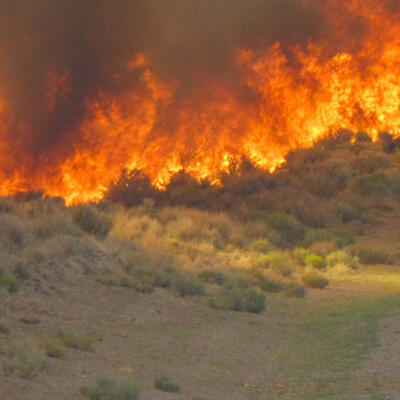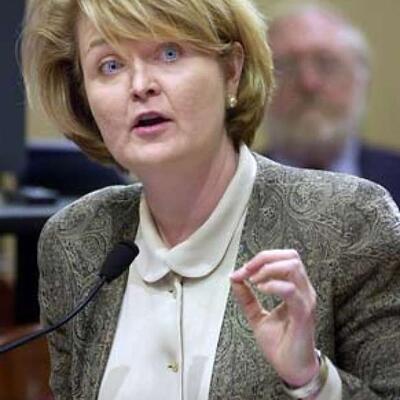
Loretta Lynch
Former Commissioner, California Public Utilities Commission
Loretta Lynch has a long career as an attorney, public servant, and expert on energy policy. As President of the California Public Utilities Commission from 2000 through 2002 and Commissioner until January 2005, Lynch was an early critic of energy deregulation and strident advocate for the protection of ratepayers and against corruption. After her term at the CPUC, Lynch taught at the Goldman School for Public Policy and was an Executive Fellow at the University of California, Berkeley.
Prior to her appointment to the CPUC, Lynch was the director of Governor Davis’ Office of Planning and Research. She served as a partner in the litigation firm of Keker & Van Nest before entering the public service, and has worked in key roles in a number of statewide and national political campaigns. Lynch has worked as class action counsel for the Legal Aid Foundation of Los Angeles and clerked for the Honorable Dorothy W. Nelson, U.S. Court of Appeals for the Ninth Circuit. Currently, she consults with community, labor and environmental organizations on regulatory matters. She holds a B.A. from the University of Southern California and J.D. from Yale University.
Recordings
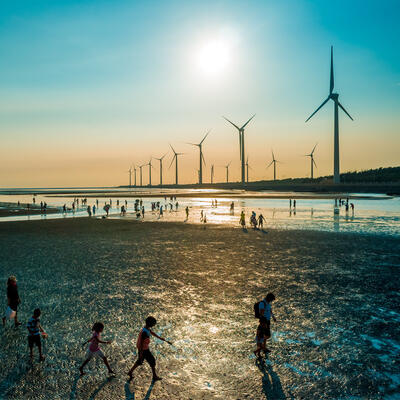
Fast, Fair and Clean: The New Energy Transition
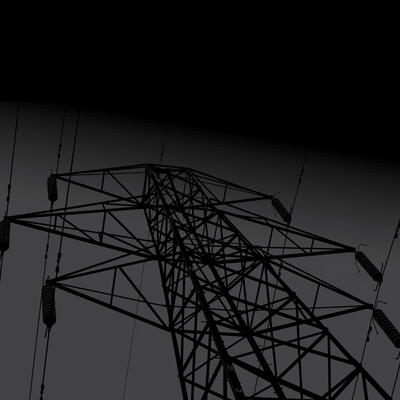
Blackout
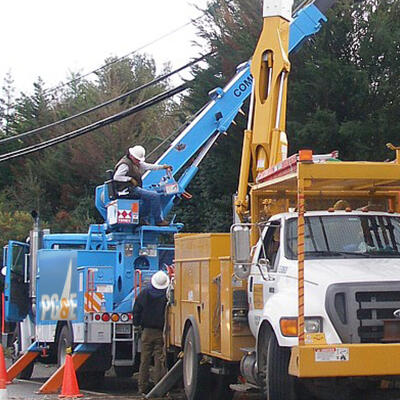
Climate One TV: How Climate Broke California’s Biggest Utility and The Land of Dreams and Drought
October 30, 2019
In the past few years, massive wildfires have devastated California, destroying thousands of homes and killing more than a hundred people. Experts say
